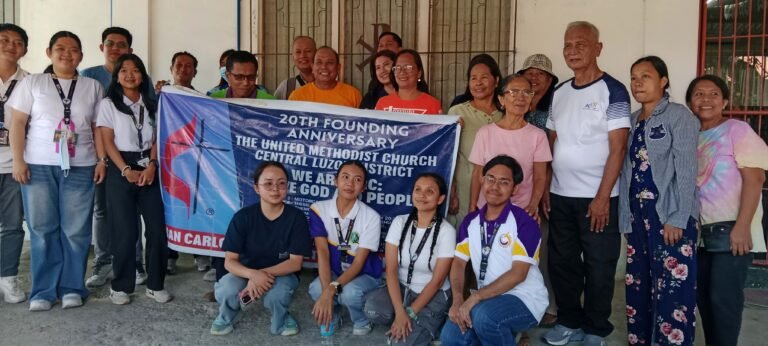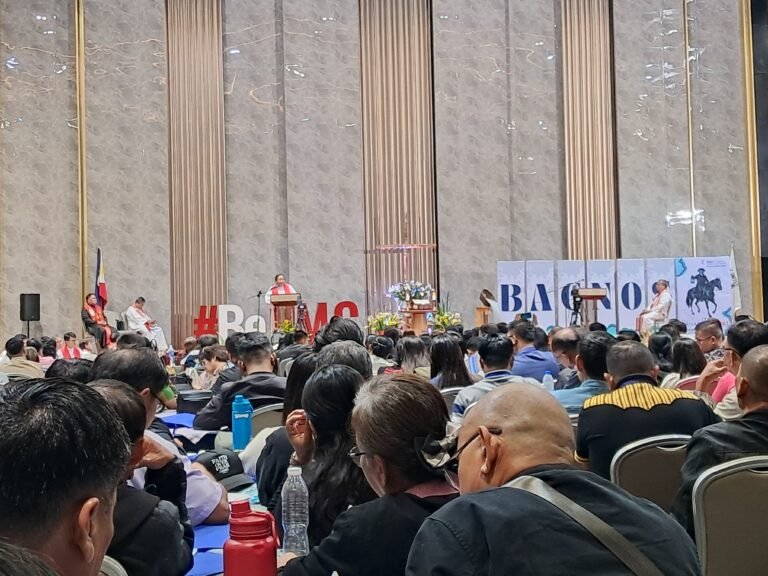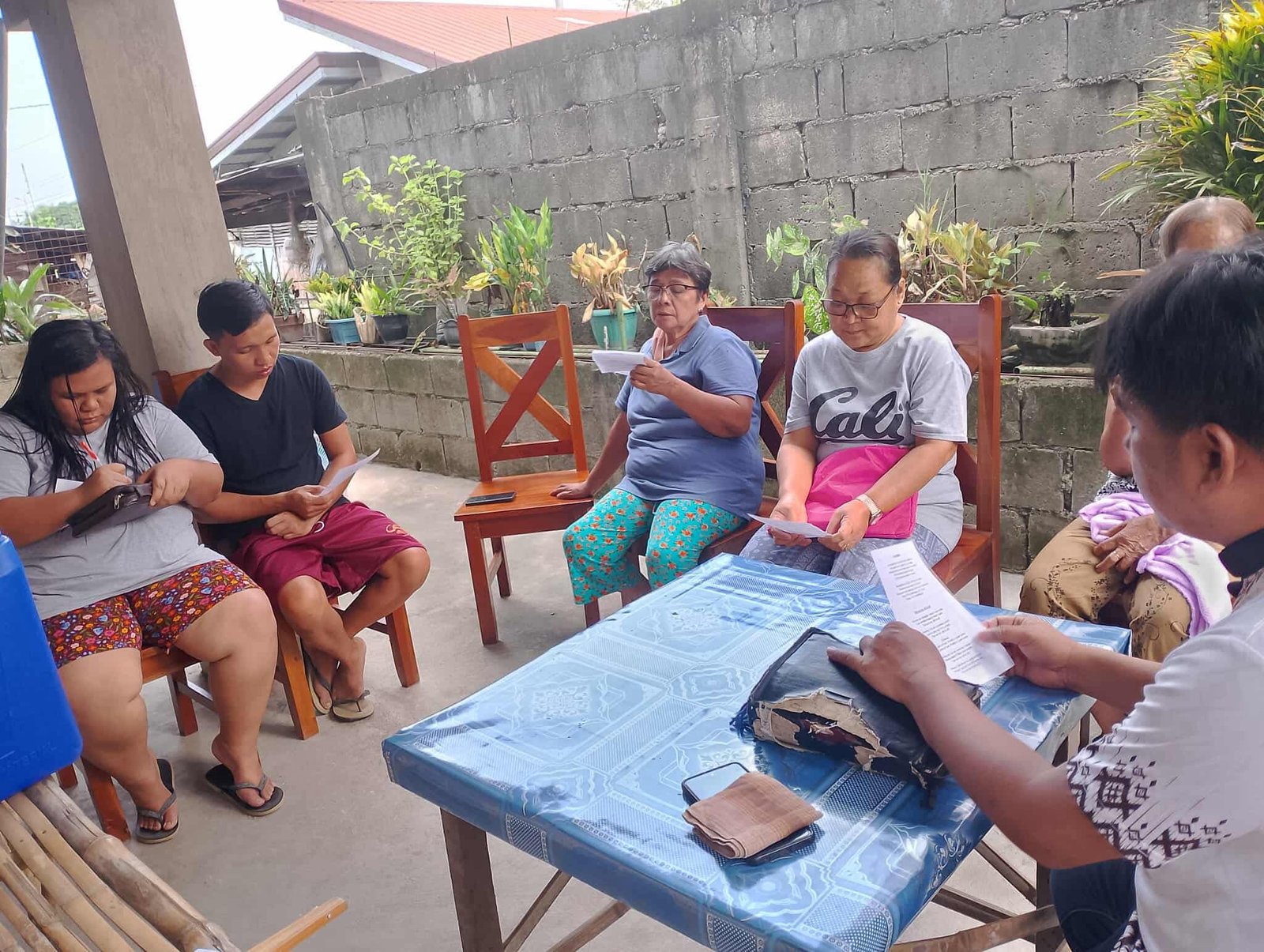
The story of the church is a story of movement. From the first disciples who left their nets by the Sea of Galilee to follow Jesus, to the early believers who spread the gospel across the known world, the people of God have always been on the move. Faith is not stagnant; it calls us to walk, to journey, to go forward in mission. This same spirit of movement is alive today at Sulipa United Methodist Church (UMC) under the leadership of Rev. Jayson D. Quinit, as the church continues to embrace the Lakbayin (Daliasat) vision of the Baguio Episcopal Area.
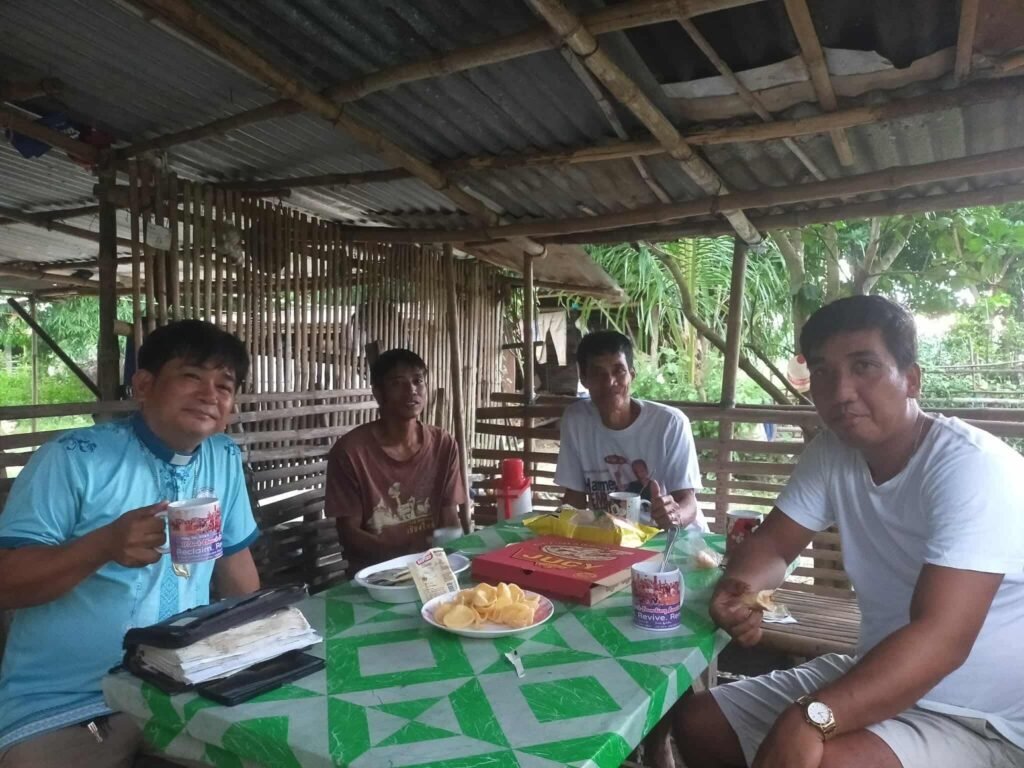
Daliasat is not merely a program but a thrust of discipleship and church growth. The word “lakbayin” in Filipino evokes the sense of a journey, a pilgrimage toward maturity in Christ. “Daliasat,” meanwhile, comes from the Ilocano word meaning to “set out on a journey together.” Both capture the essence of what the church is called to be: a community that does not remain within the walls of the sanctuary, but moves out, goes deeper, and reaches farther.
Sulipa UMC has taken this vision to heart. With guidance from Rev. Quinit, the church has embraced the challenge of establishing cell groups—small communities of faith where nurturing, outreach, and witness come together in practical, life-giving ways. This is not just a programmatic step; it is a spiritual journey toward living out the Great Commission in the context of the local church.
A One-for-All Action of the Church
The genius of cell groups lies in their simplicity. They embody what the early Methodist movement was known for—small bands of believers who met regularly for prayer, Bible study, mutual accountability, and mission. John Wesley understood that large gatherings for worship were essential, but it was in small groups where faith was nurtured and discipleship took root. The same principle applies to Sulipa UMC today.
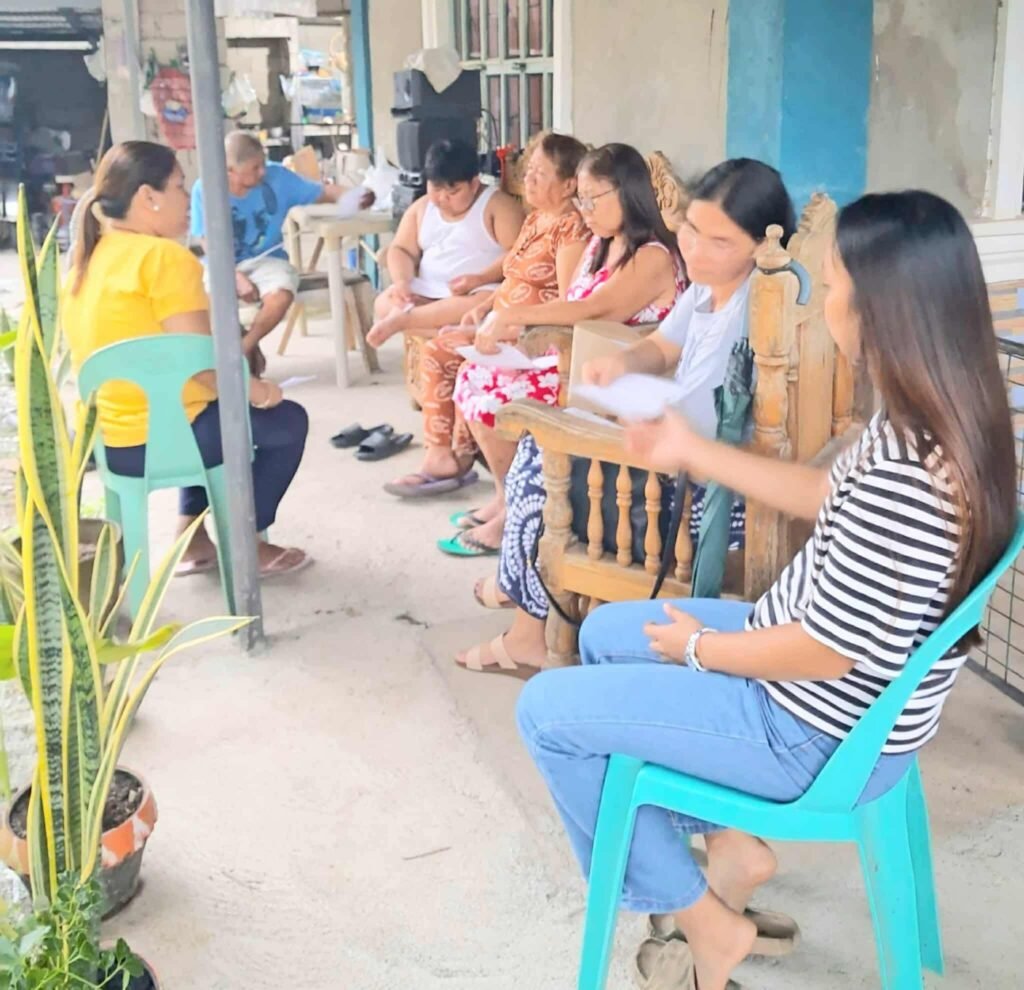
Cell groups at Sulipa UMC are envisioned as a one-for-all action that integrates three essential ministries: Nurture, Outreach, and Witness. Rather than treating these areas as separate tasks with separate committees, the cell group model embodies them in one holistic practice of discipleship.
Nurture happens when believers care for one another, study the Word together, and pray for each other’s needs. In a cell group, everyone is seen, known, and valued.
Outreach happens as these small groups extend their fellowship to neighbors, friends, and communities. A single household visit, a prayer gathering in someone’s home, or an invitation to join a small circle of believers becomes a form of reaching out.
Witness naturally flows when lives are transformed in community. The testimony of one person who found strength in the group can inspire others to seek the same fellowship. In this sense, every cell group becomes a lighthouse of witness to the wider community.
In this way, the cell group serves not just as a ministry of fellowship but as the beating heart of the church’s mission.
Moving Forward in Vision
For Sulipa UMC, embracing Lakbayin (Daliasat) means acknowledging that the church cannot remain complacent. Rev. Quinit often reminds the congregation that a vision is not fulfilled by good intentions alone. It requires movement, persistence, and the willingness to plant seeds of faith even when growth is slow or difficult.



The church’s vision of establishing cell groups is a forward-moving commitment. It reflects trust in God’s promise that when we step out in faith, He will provide the growth (1 Corinthians 3:6). Just as Abraham was called to go to a land he did not yet know, the members of Sulipa UMC are called to step into new forms of ministry that may stretch them but will ultimately lead to spiritual maturity and church vitality.
This forward movement is not just about numbers or organizational success. It is about spiritual renewal—helping believers move beyond being Sunday attendees to becoming disciples who live out their faith daily. The Lakbayin (Daliasat) thrust provides a roadmap for this kind of growth: from being passive recipients of ministry to becoming active participants in God’s mission.
Daliasat as a Thrust Program of the Baguio Episcopal Area
The Baguio Episcopal Area envisioned Daliasat as a thrust program for church growth across the region. Unlike programs that come and go, Daliasat is designed to be a long-term, sustainable movement that transforms local churches from within. It is not a pastor-centered initiative but a local church–centered journey, empowering lay members to lead, organize, and disciple one another.



This distinction is crucial. Too often, churches rely heavily on the pastor to drive all ministry efforts. But as Wesleyan Methodists, we affirm the priesthood of all believers—that every member has a role in building up the body of Christ. Through Daliasat, lay members of Sulipa UMC are discovering their capacity to serve, lead, and grow.
Furthermore, Daliasat emphasizes contextual discipleship. It is not imported from another culture or context but arises from the Filipino and Ilocano experience of community life. It recognizes that discipleship happens best in familiar spaces—in homes, in small circles, in the rhythms of daily life. This makes the program both authentic and transformative.
Challenges and Opportunities Ahead
Of course, the journey is not without its challenges. Establishing cell groups requires consistent effort, training of leaders, and a cultural shift within the church. Some members may initially resist stepping out of the comfort zone of traditional structures. Others may feel hesitant to lead or host a group.
But these challenges are opportunities for growth. They invite the church to practice patience, perseverance, and trust in God’s timing. They also provide space for creativity—finding new ways to gather, adapting to the schedules of working families, or using technology to stay connected.
What matters is not perfection but persistence. Every small step forward—every new cell group formed, every new disciple nurtured, every new community reached—is a victory for the kingdom of God.
A Church on the Move
The story of Sulipa UMC under Rev. Jayson D. Quinit is a story of a church on the move. Inspired by Lakbayin (Daliasat), the church is not content to remain where it is but is continually seeking to fulfill God’s vision for growth and discipleship.
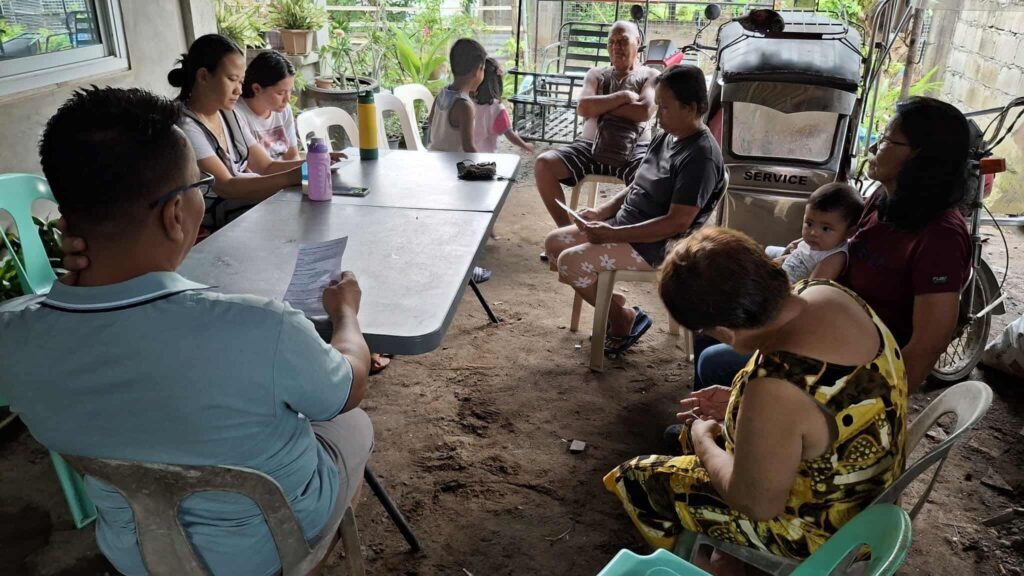
The establishment of cell groups is more than a strategy; it is a spiritual commitment to live out the gospel in community. It is a reminder that the church is not a building but a movement of people who are called, equipped, and sent.
As the members of Sulipa UMC continue their journey, they embody the words of the apostle Paul: “Forgetting what is behind and straining toward what is ahead, I press on toward the goal to win the prize for which God has called me heavenward in Christ Jesus” (Philippians 3:13–14).
This is what it means to be a Lakbayin church. This is what it means to be on the journey of faith.
About The Author
Discover more from COMMUNICATIONS
Subscribe to get the latest posts sent to your email.

